
Food Grade Maltodextrin Powder Cas 9050366 Niran
Maltodextrin is a white powder made from corn, rice, potato starch, or wheat. Even though it comes from plants, it's highly processed. The process of making it involves cooking the starches and.
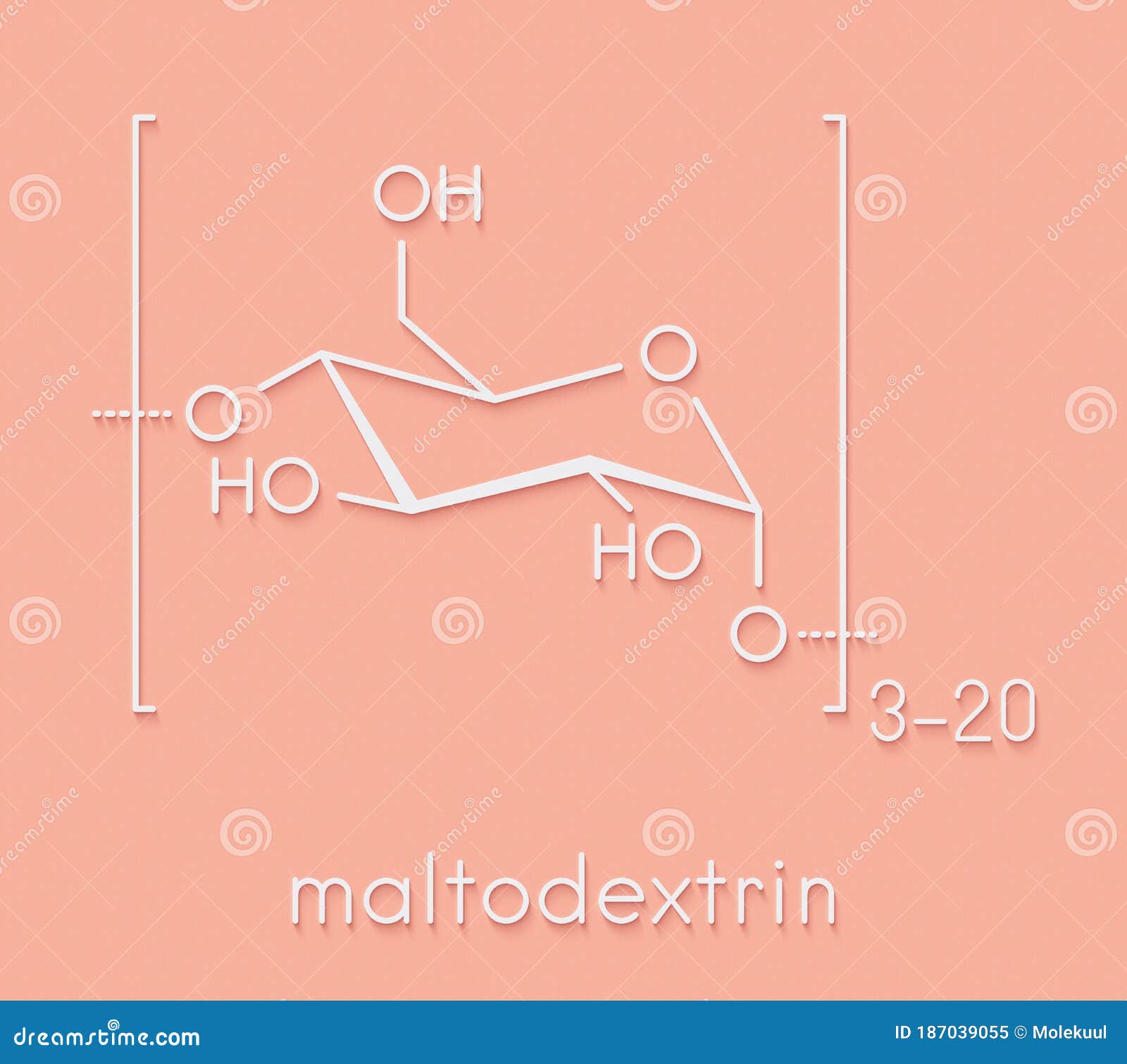
Maltodextrin Food Additive Molecule. Skeletal Formula. Stock Illustration Illustration of soda
Maltodextrin is a polysaccharide used as a food additive and flavor enhancer. It is produced from starches in a process called partial hydrolysis, which is the breakdown of starch into smaller units called polymers. Maltodextrin has many functions that include its use as a filler ingredient, to extend shelf life, improve powdery appearance.

Maltodextrin food additive molecule, illustration Stock Image F027/8843 Science Photo Library
Molecular Formula. C 12 H 22 O 11; Synonyms. maltodextrin ; 9050-36-6 ; SCHEMBL12278702 ; Molecular Weight. 342.30 g/mol. Computed by PubChem 2.1 (PubChem release 2021.05.07) Dates. Create:. Chemical: Maltodextrin . Green circle - The chemical has been verified to be of low concern based on experimental and modeled data. EPA Safer Choice.

Maltodextrin CAS 9050366 Suppliers,Manufacturers from Bolise
INTRODUCTION. Maltodextrins are, by definition, hydrolyzed starch build up by units of α-D-glucose bound together, mainly, by glycosidical (1→4) linkages with a general formula [(C 6 H 10 O 5) n H 2 O].[ Citation 1] As hydrolyzed products of starch, they consist of a mixture of saccharides, mainly D-glucose, maltose and a series of oligosaccharides and polysaccharides, such as maltotriose.
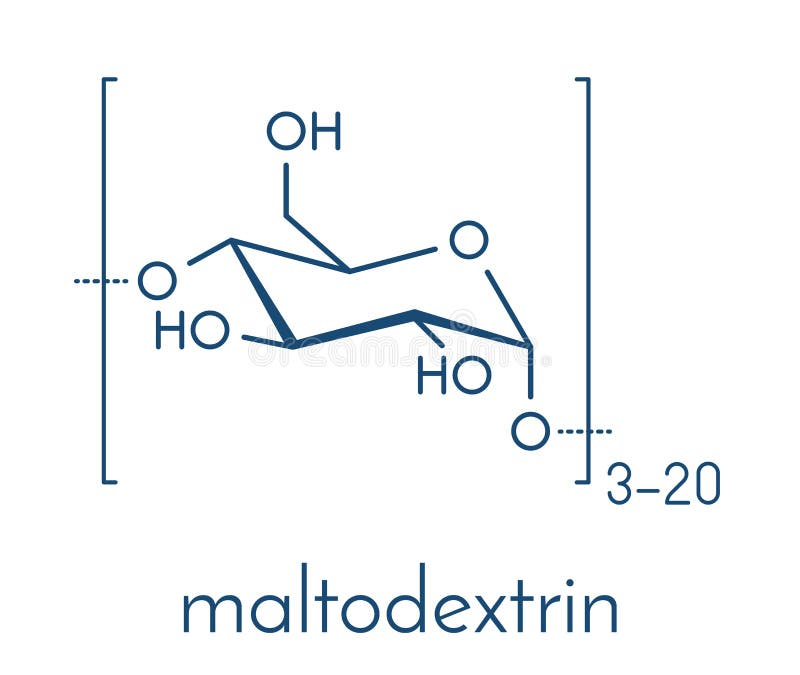
Maltodextrin Food Additive Molecule. Skeletal Formula. Stock Illustration Illustration of soda
Summary. Maltodextrin is an additive used as a preservative, thickener, and bulking agent. It is derived from corn, potato, rice, wheat, or tapioca starches. Although the FDA generally recognizes maltodextrin as safe, it raises blood sugar levels, and some studies link it to intestinal inflammation.
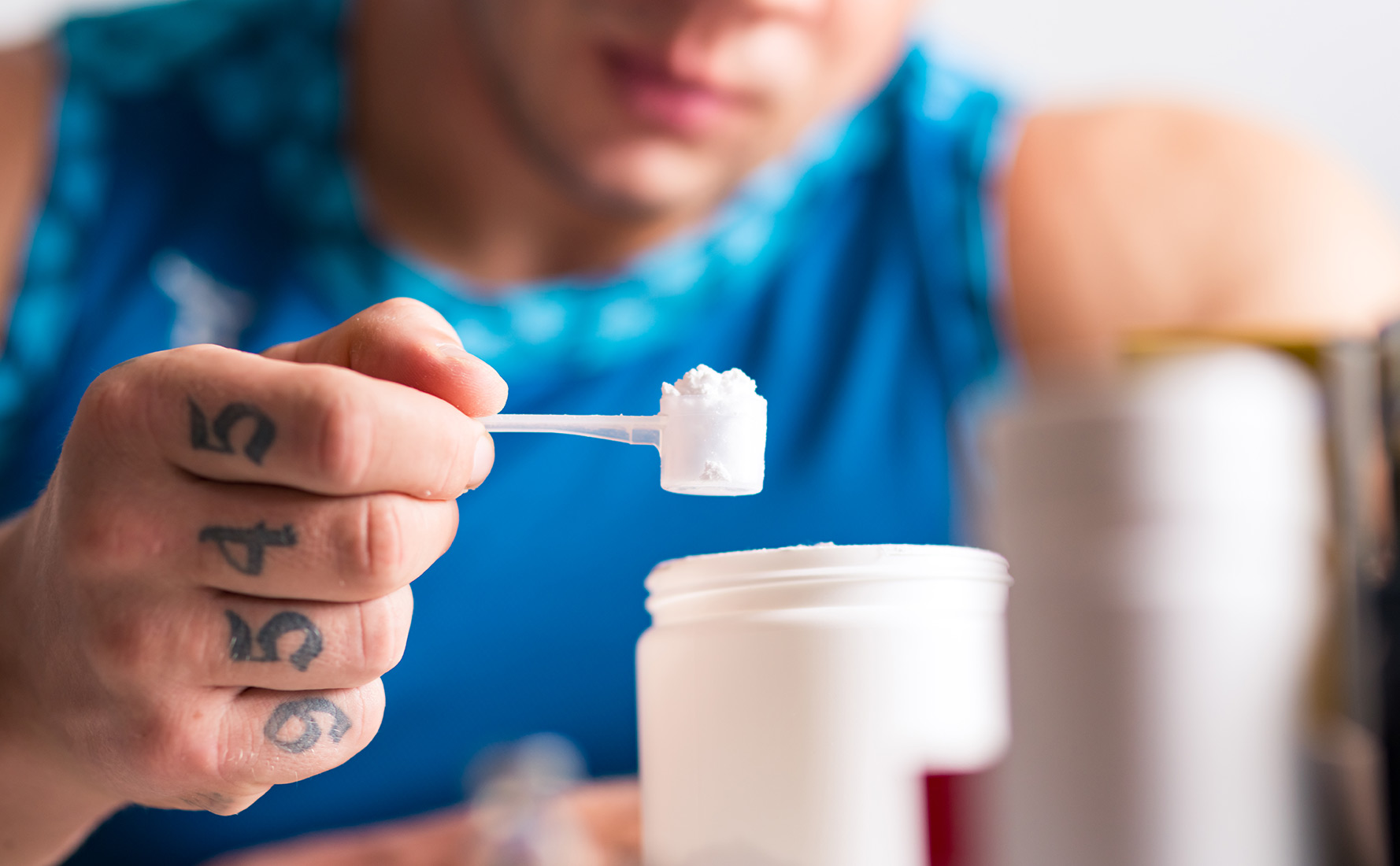
Maltodextrin for Bodybuilding Is It Good or Bad?
Maltodextrin's water-absorbing properties also make it valuable in dry shampoos and oil-controlling formulations. Further, this ingredient appears as a white, odorless powder. The chemical formula of Maltodextrin is typically represented as (C 6 nH(10n+2)O(5n+1), reflecting its carbohydrate structure.

3d Structure Of Maltodextrin A Polysaccharide That Is Used As Am Easily Digestible Food Additive
Maltodextrin is an oligosaccharide derived from starch that is used as a food additive and as a carbohydrate supplement. As a supplement, maltodextrin is used to provide and sustain energy levels during endurance-oriented workouts o sports, and to help build muscle mass and support weight gain. NCI Thesaurus (NCIt)
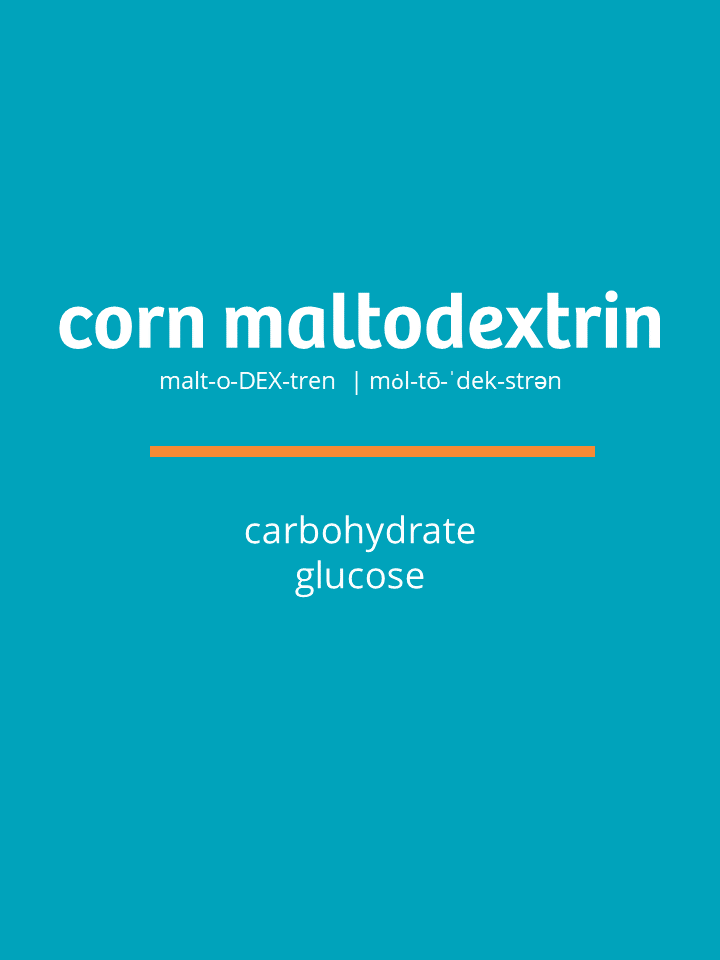
What is Corn Maltodextrin? — Formula Sense
Visit ChemicalBook To find more Maltodextrin(9050-36-6) information like chemical properties,Structure,melting point,boiling point,density,molecular formula,molecular weight, physical properties,toxicity information,customs codes. You can also browse global suppliers,vendor,prices,Price,manufacturers of Maltodextrin(9050-36-6). At last,Maltodextrin(9050-36-6) safety, risk, hazard and MSDS, CAS.

Maltodextrin Shanghai Chemex Group Ltd.
Formulation guidelines for infant formula. M.R. Guo, in Human Milk Biochemistry and Infant Formula Manufacturing Technology. maltodextrin is used as the carrier substance. Although maltodextrin is a polysaccharide, it has minimal solubility in organic solvents.. and results from chemical reactions between a reducing sugar and a protein or.

Maltodextrin, FCC, 20, Spectrum Chemical Fisher Scientific
Maltodextrin is an oligosaccharide that is used as a food ingredient. It is produced from grain starch by partial hydrolysis and is usually found as a white hygroscopic spray-dried powder. [1] Maltodextrin is easily digestible, being absorbed as rapidly as glucose and may be either moderately sweet or almost flavorless (depending on the degree.
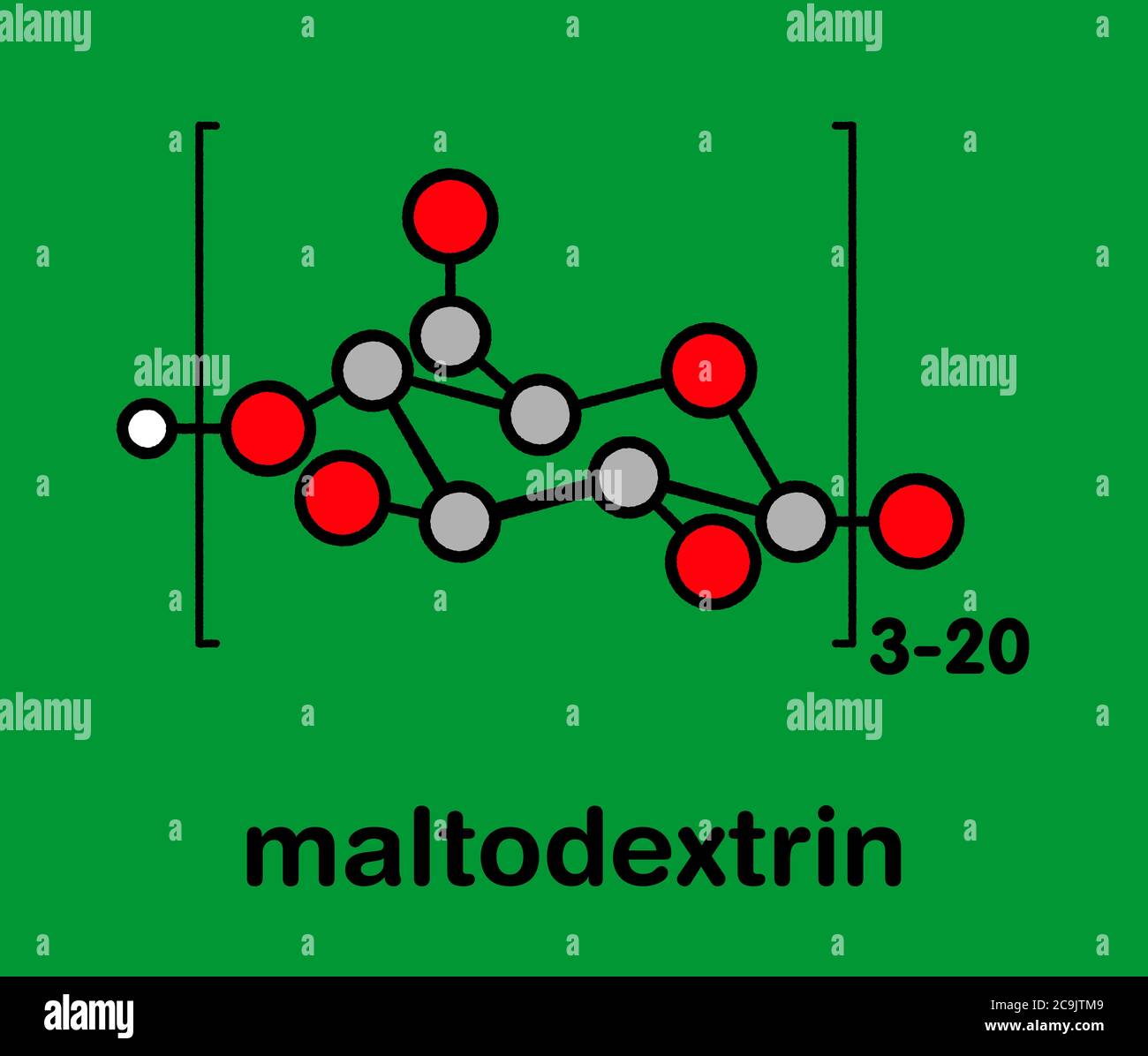
Maltodextrin food additive molecule. Stylized skeletal formula (chemical structure). Atoms are
Chemical formula (C 6 H 10 O 5) n Molar mass:. Maltodextrin; Maltodextrin is a short-chain starch sugar used as a food additive. It is also produced by enzymatic hydrolysis from gelled starch, and is usually found as a creamy-white hygroscopic spray-dried powder. Maltodextrin is.
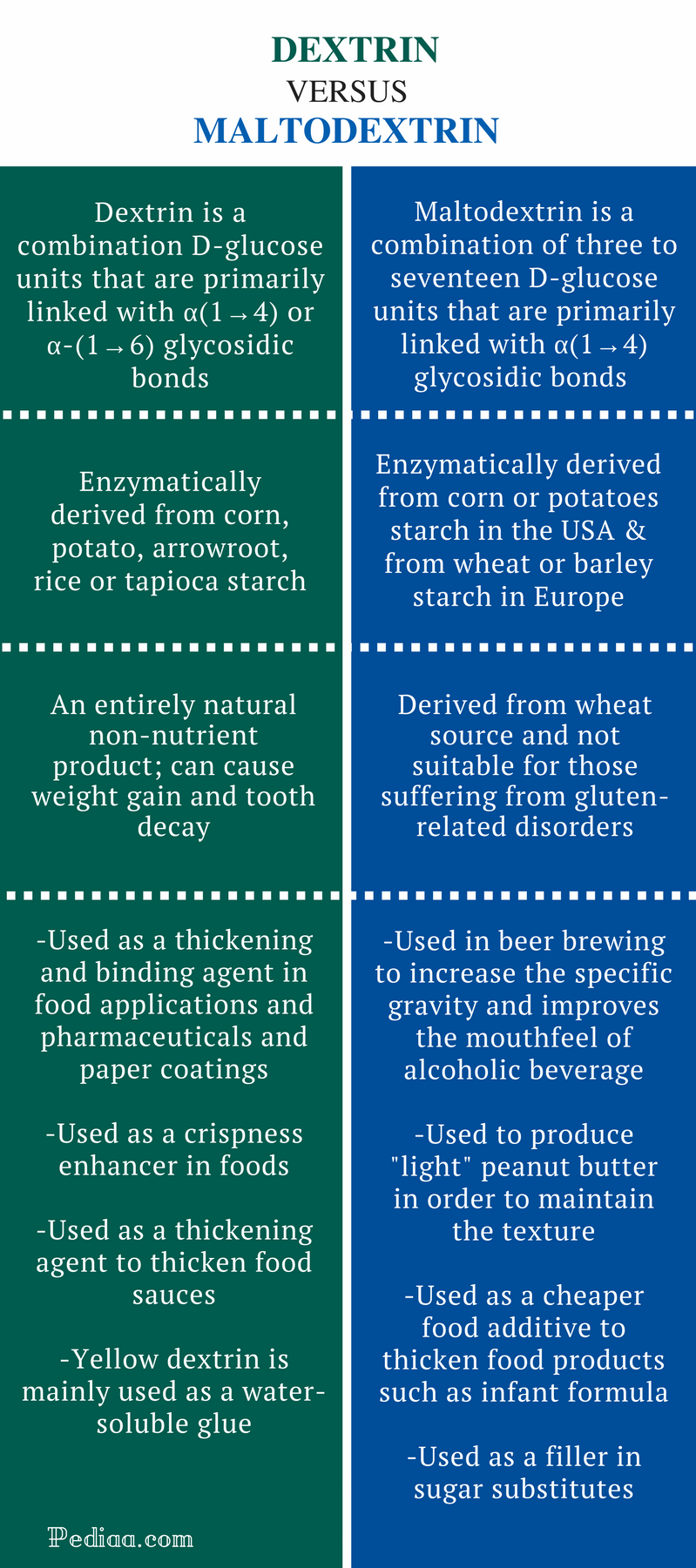
Difference Between Dextrin and Maltodextrin Chemical Formula, Structure, Properties and Uses
Maltodextrin is a polysaccharide that is used primarily in foods and beverages as a thickener, sweetener, and/or stabilizer. It is a relatively short-chain polymer (some would call it an oligomer); commercial products contain an average of ≈3 to ≈17 glucose units per chain. It is manufactured by partially hydrolyzing grain starches, usually.

Maltodextrin_OKCHEM
Maltodextrin is a nonsweet, nutritive saccharide polymer, with a dextrose equivalent (DE) of < 20. Starches from botanical sources like corn, potato, wheat, rice, tapioca, sago palm, barley, and sorghum can be used as raw material. Maltodextrins are used as an FR in dairy products, confectionary, frozen desserts, cereal baked goods, and meat.
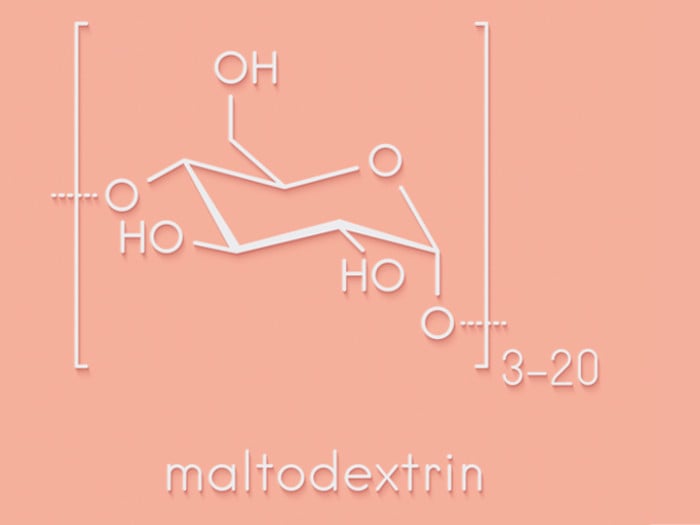
4 Side Effects of Maltodextrin That You Should Know Organic Facts
2005-08-08. Modify: 2023-12-30. Description. Dextrin is a metabolite found in or produced by Escherichia coli (strain K12, MG1655). E. coli Metabolome Database (ECMDB) Dextrin is a natural product found in Streptomyces with data available. LOTUS - the natural products occurrence database.

Is Maltodextrin Vegan?
Maltodextrin is a white powder that is relatively tasteless and dissolves in water. It is an additive in a wide range of foods, as it can improve their texture, flavor, and shelf life. It is.

Food Grade Maltodextrin Powder Cas 9050366 Niran
Its chemical formula is C6nH(10n+2)O(5n+1). Dextrin equivalent of maltodextrin is 3 and 20. Dextrin is a combination D-glucose units that are primarily linked with α (1→4) or α- (1→6) glycosidic bonds. Its chemical formula is (C6H10O5)n. This is the main difference between dextrin and maltodextrin. This article describes, 1.